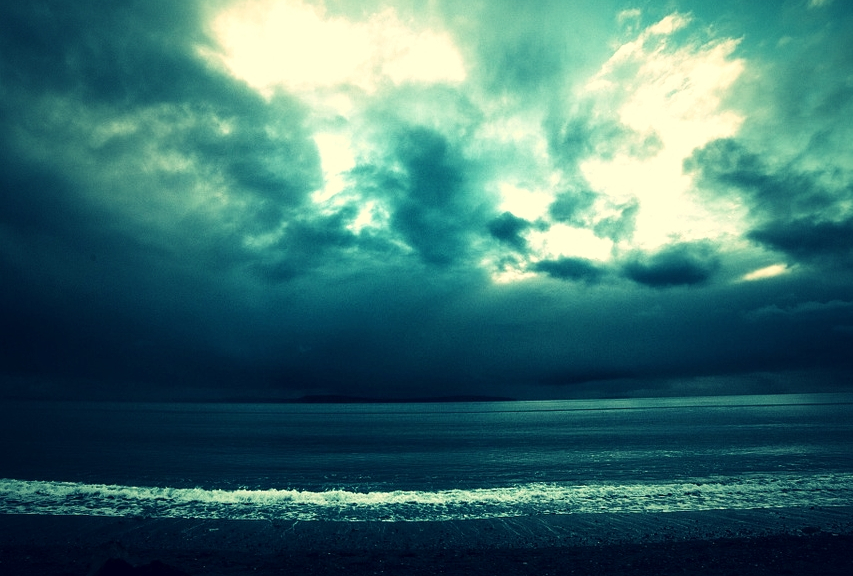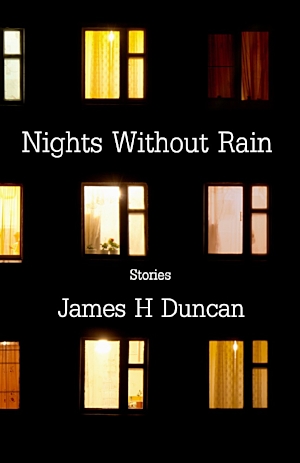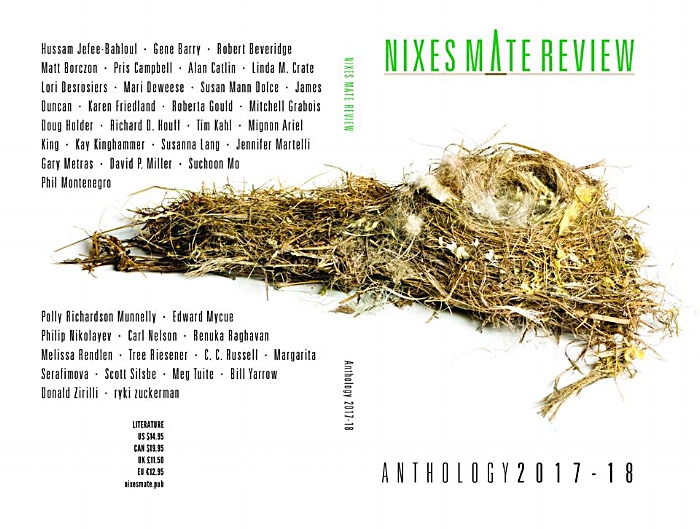This short story appeared in my book, Nights Without Rain, and is a fictionalized account of my trip to Mason, Texas to explore the remote Hill Country town where my great-grandfather once lived.
Mason
He stood in the cemetery west of Mason, where sun-bleached headstones and granite crosses punctured through the tall yellow grass in irregular rows. Stunted oak trees stood together and reached upward like the twisted legs of dried-up dead spiders. He turned in place and surmised the landscape with a disappointed eye, a man in a place out of time offering little but dust and wind and the chittering whine of locust in the summer heat. Texas in June, wet blanket waves of swelter, the kind that made mere breathing a discomfort. He fanned his collar and conceded the fact that his great-grandad was not in this place. His name was not among the strangers long forgotten and blanched by time and the relentless stoicism of weather generations heartless. It seemed to the man they had both come all this way for nothing.
Crickets and pale lime Katydids sprang from his path as he cut through the grass to his truck, a small thing in a state of behemoth vehicles in both form and function. The once cool interior had quickly changed to stifling, and he let the air conditioning run with the windows down for a few minutes as he again surveyed the landscape of the cemetery, including the abandoned well house just beyond, a decayed stone and stucco square with a wooden water tank resting atop like a bloated sleeping monolith waiting for night to fall before wrenching free its moorings, stretching limbs over the cemetery audience, and launching into the expanse. The man had poked his head inside the fallen wall of the old well house and jerked away from the writhing assemblage of brown recluse spiders that scattered at his presence. That had been his last pass through the cemetery, looking one last time over the stones for the name he knew by then would not be there. Let the spiders have their roost, he though as he rolled the windows back up. There was nothing he wanted less than another moment in that place.
Mason did not contain multitudes. The gathering knot of five or six disparate roads leading into the one central square belied the otherwise geometric mediocrity of the town’s construction, with small neighborhoods surrounding the square laid out north and south and east and west in streets as flush to one another as cinder blocks in a prison wall. The small homes of brick and clapboard stood identical to each other save for the fact that some owners cared for the green grass that came with attentive watering and pruning, while others condoned the yellow and brown colors of the surrounding hill country, a mix of grasslands and dried arroyos cluttered by oaks and knotted tinder-brush. But for the most part the placid neighborhoods resisted the wilds on all sides. He glanced at each passing house while moving toward that central square, the taller oaks there providing shade and respite, a space somehow cooler and almost gentrified with benches, sidewalks, lampposts. He parked his truck along one of the many open parallel parking spots on the square’s south side and stepped forth into the high heat of the day.
Surrounding the square he saw a pharmacy and general store, a men’s clothier, a large café, a newspaper office, a closed real estate office, assorted empty storefronts, a stone jailhouse fenced off with a historical marker out front, about three banks, and at the far end was a small movie house called The Odeon. With letters askew and in various faded shades of red the marquee above The Odeon’s unlit neon sign read, “There Will Be Blood,” a film that had been out for nearly six months. The man wondered if it was simply a second-run theater now, or if The Odeon had gone under since the grim drama’s final showing the winter prior. He walked the length of the square for a closer look and found the doors bolted and dusty, the interior difficult to parse through the dark glass.
An assortment of scrambling children turned the corner and halted before him, surprised to contend with an adult in their chosen journey. Half the gathering cackled with wondrous guilt and sped away down the sidewalk clutching small plastic water pistols, shooting one another. Three children remained, and one asked the man what he was doing.
“Ain’t no more movie there no more,” a boy of about six told him.
“I can tell. Any of you know anyone with the last name Thurmond?”
“Nope.”
The three remaining children stared at him until the tallest, a girl of about nine, tugged on the boy’s shoulder and they all turned and began to run. The boy paused and called over his shoulder, “Our daddy’s in the café yonder with Uncle Hugh. Ask them!”
After a few more seconds of call-and-answer laughter echoing back to him from around the corner, the man looked across the square toward the café. A red truck passed. Pairs and groups came and went through the door. He began that way accordingly.
The dull cowbell clattered against the heavy glass door and a waitress bumped into him, edging the man into three families waiting for a table. It was a long room full of cattle men, overalls, dirty Stetsons, and older women in plain blue or white dresses. Some bounced infants on their knees. Families and weekend laborers, a Saturday gathering before the next day’s holy deferment of chores. The waitress said she couldn’t spare a table for one but offered a spot at the small bar. It didn’t serve alcohol but had become a depot for knives and napkins, water glasses and round wooden food trays piled atop one another. He sat at the far end alone and studied the menu.
“You bein’ a stranger I’d suggest the chicken fried steak,” the waitress suggested as she set fork, knife, and spoon before him, and then a tall glass of water. “You want potatoes or coleslaw salad with that?”
He said potatoes and waited for his meal as families sat and ate and left and returned with only slightly adjusted faces and clothing, a seeming Rubik’s cube of rural humanity hungry for steak and salads and pies and sweet teas. He wondered if this café had been there when old Wash Thurmond had owned the filling station on the western edge of town, if he ate there, if he took his son and later his grandson to that very café, a place he was never able to take his infant great-grandson before passing away in a nursing home, horizons away from this place, only returning in a box. So he’d been told.
The waitress had been right. The chicken fried steak was fearsome in size and worth any wait, smothered in white pepper gravy tasting of that floury richness that accompanied so much southern food. Potatoes and two biscuits later he pushed the meal away and smiled at the waitress offering a hearty congratulation. She insisted on pie as well and asked him about the circumstance of their meeting. He told her about the family name, the filling station, a house he couldn’t find and a grave he could not reconnoiter despite all evidence and advice from his family back in San Antonio. She told him the name was unfamiliar but the filling station was something she knew, although it had been torn down a decade prior. She couldn’t recall anyone knowing the owner, however.
“Which is a mighty odd circumstance ‘round here. Everyone knows right about everyone, but not everyone, I s’pose.”
“I suppose not. Every place has its own social circles.”
“That’s one way of sayin’ it. You know who you know, and you can’t fit everyone inside.”
“Exactly. Thanks anyway.”
“Which cemetery? The one out the Dairy Queen or the one out 29?”
“There’s more than one? I did pass a Dairy Queen, heading west. I was told he’d be out that way.”
“Maybe, maybe not. You might want to check the one out 29, east of here. Go on east, take a left on the Old Pontiac Road, the second one, not the first one. There’s about three out that way, believe it or not. The second. If you hit the Starks farm you done gone too far east.”
“I’ll check that one. Thank you.”
“You do that. Hope you find yer grandaddy.”
He nodded and fished out the money for the meal, and the tip was the last of his cash. He had just a little bit more in the bank, and a tank of gas. He wished he had more for her though and stood up from the bar and waded through folks waiting by the door, which shunted him back to silence once it closed behind him. The sun was now angled to impact its heat directly into his eyes seemingly no matter where he looked and he walked into the shade of the square where he watched cars rounding the corners and pinwheel off east, south, north, all directions. It looked as if the town’s somnolence had stirred up the morning hibernation and the café was but one of many active corners visible from his sanctum beneath the trees of the square. It was a happy sight, but it also hurried him somehow, as if time began passing in ways no watch could portend.
The man restarted his truck and let the air conditioning come to life as he considered the day, the time, the drive home, and the people of the town of Mason walking the sidewalks and disappearing from view, reappearing. He thought of his great-grandad and the picture the man kept in his wallet of old Wash Thurmond standing beside his filling pump sometime in the late 1930s, sepia-toned and handsome, when he was young Washington J Thurmond.
He’d remain that way, a sepia-toned image in the mind of the man who turned the truck not east but southeast instead, down Route 87, the way he’d come that morning from San Antonio. While history was a thing resistant to change, memory was another matter. Sometimes you didn’t want it to change. Sometimes it was best to let sleeping memories lie. The man considered this as he passed the edge of town and did not feel any remorse in the knowing he may never return. Not in that life, at least.













